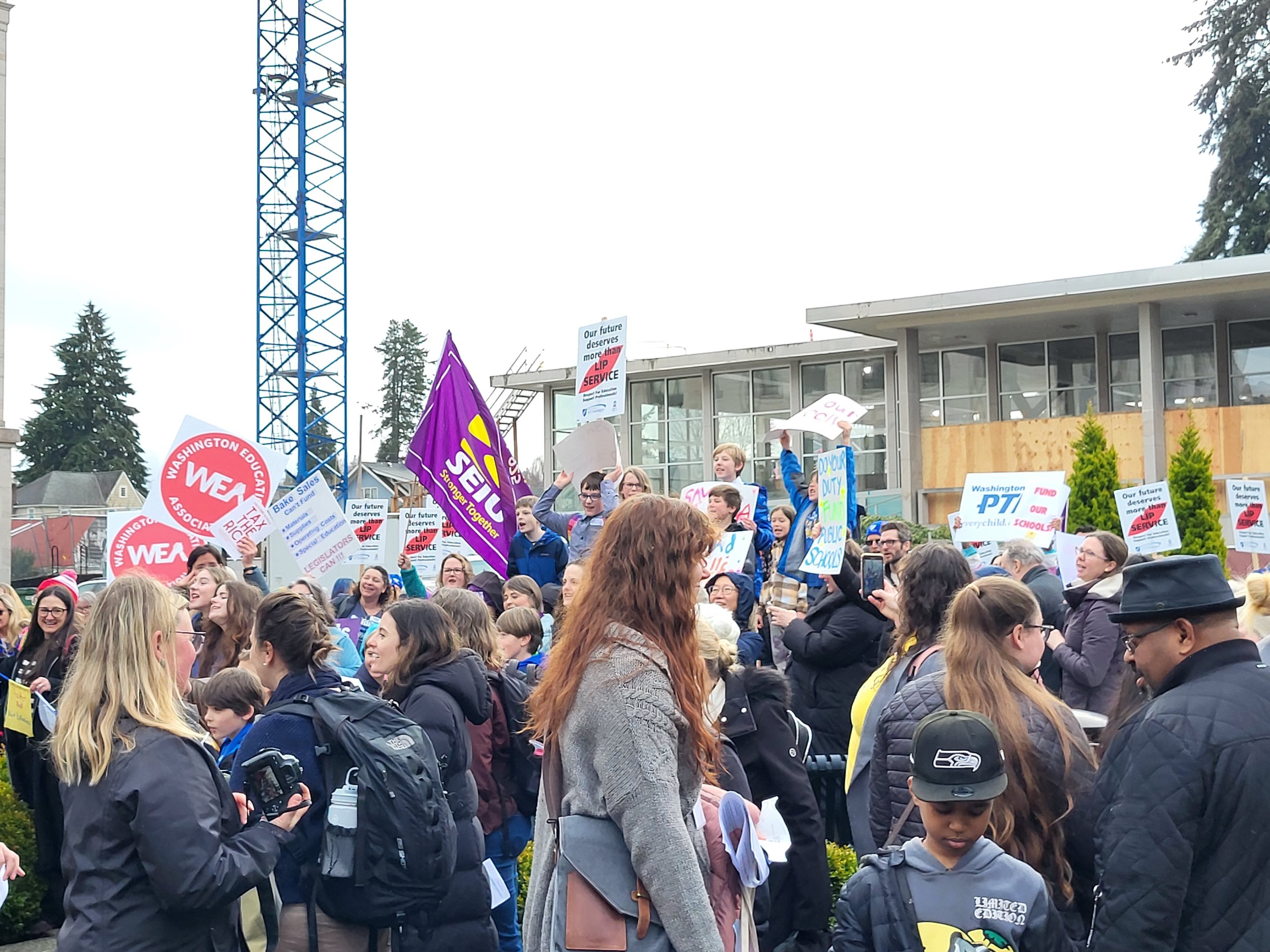SWACH Policy Advocacy: Behavioral Health Recovery
Policy advocacy is deeply connected to SWACH’s mission and values because it is a primary vehicle for achieving health equity and empowering communities in Southwest Washington. SWACH’s mission is to pursue health equity by addressing barriers to well-being through collaboration, innovation, and community partnerships, ensuring every community has access to the resources needed for physical, behavioral, economic, and social wellness. Every year SWACH staff works with community members to identify what policies are most impactful for their communities. This then drives the priorities for advocacy. While gathering data, four policy areas consistently presented themselves: Housing, Behavioral/Mental Health (including SUD), Access, and Native and Tribal Affairs.
This report will be focused on behavioral health recovery, including SUD.
Policy Connection: Why MH/BH Bills/Policies Matter
Substance use and mental health issues have wide-reaching consequences for individuals, families, and communities, including increased healthcare costs, higher rates of homelessness, incarceration, and chronic disease. Prevention and early intervention are cost-effective strategies that reduce these negative outcomes and promote resilience, especially among youth and high-need populations. SWACH’s focus on these areas aligns with statewide and national priorities for healthier, more resilient communities.
Key highlights include:
HB 1427 – Integrating Peer Services into Clinical Care
This bill supports primary care clinics and hospitals in bringing peer support services into their care models. It also helps the state save money by improving how peer services are billed.
Passed in April | Goes into effect July 2025
HB 1432 – Removing Insurance Barriers
This bill ensures insurance companies cover mental health and addiction care fairly. It creates clear rules for what must be covered, speeds up approvals, and reduces red tape.
Passed in April | Goes into effect July 2025
HB 1813 – Improving Medicaid for Crisis Care
This bill changes how Washington manages Medicaid contracts, aiming to make mental health and substance use crisis services faster and more effective for people in need.
Passed in April | Goes into effect July 2025
How did SWACH show up: Approach and Impact
Advocacy is essential for driving systemic change in mental health and substance use policy, funding, and public perception. From breaking down the stigma through community education, advocating for capital budgets to fund affordable recovery housing, or pushing for recovery centered policies to support folks living with MH/BH challenges. SWACH mobilized community health workers and advocates, empowering them to drive change from within their own communities. We ensured that community voices were at the center of every meeting, rally, and communication.
We organized with local community partners to strategically approach the legislative session most effectively. Recovery Housing Day, hosted by Washington Recovery Alliance, had over 200 people in attendance. For the first time, SWACH and Thrive2Survive took a bus full of 30 advocates up to the capitol to advocate, rally on the steps of the legislative building, and testify to legislators about bills and initiatives regarding housing that would affect their communities. Folks were sharing their own personal connections to mental/behavioral health with lawmakers and each other through open mic conversations. Community advocates stepped in and led their districts through the day at the capitol and the legislative process. It was a day of heart-felt passion and dedication to ending overdose deaths in Washington state.
When we weren’t up in Olympia, SWACH continued to work with organizations leading the charge, such as Washington Recovery Alliance, Thrive2Survive, Prevention Recovery Alliance Clark County, and more. We were fortunate enough to make new partnerships that will further perpetuate the advocacy work in our community and beyond. SWACH worked on ending the stigma through a harm reduction campaign that coincided with the legislative session, emphasizing the importance of harm reduction, ways community members and partner organizations could get involved, and encouraged people to access naloxone. Stay tuned for more opportunities to get involved in the future.
For more on SWACH’s Advocacy work, click here or download our Mental Health Policy Advocacy one pager.








